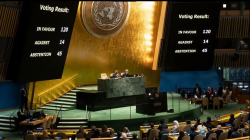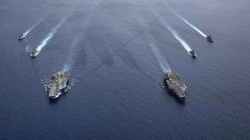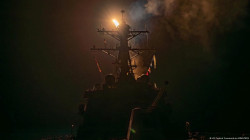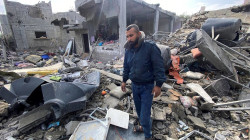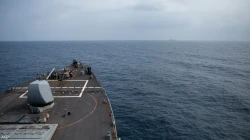FT: Middle East violence tests US effort to avert regional conflagration
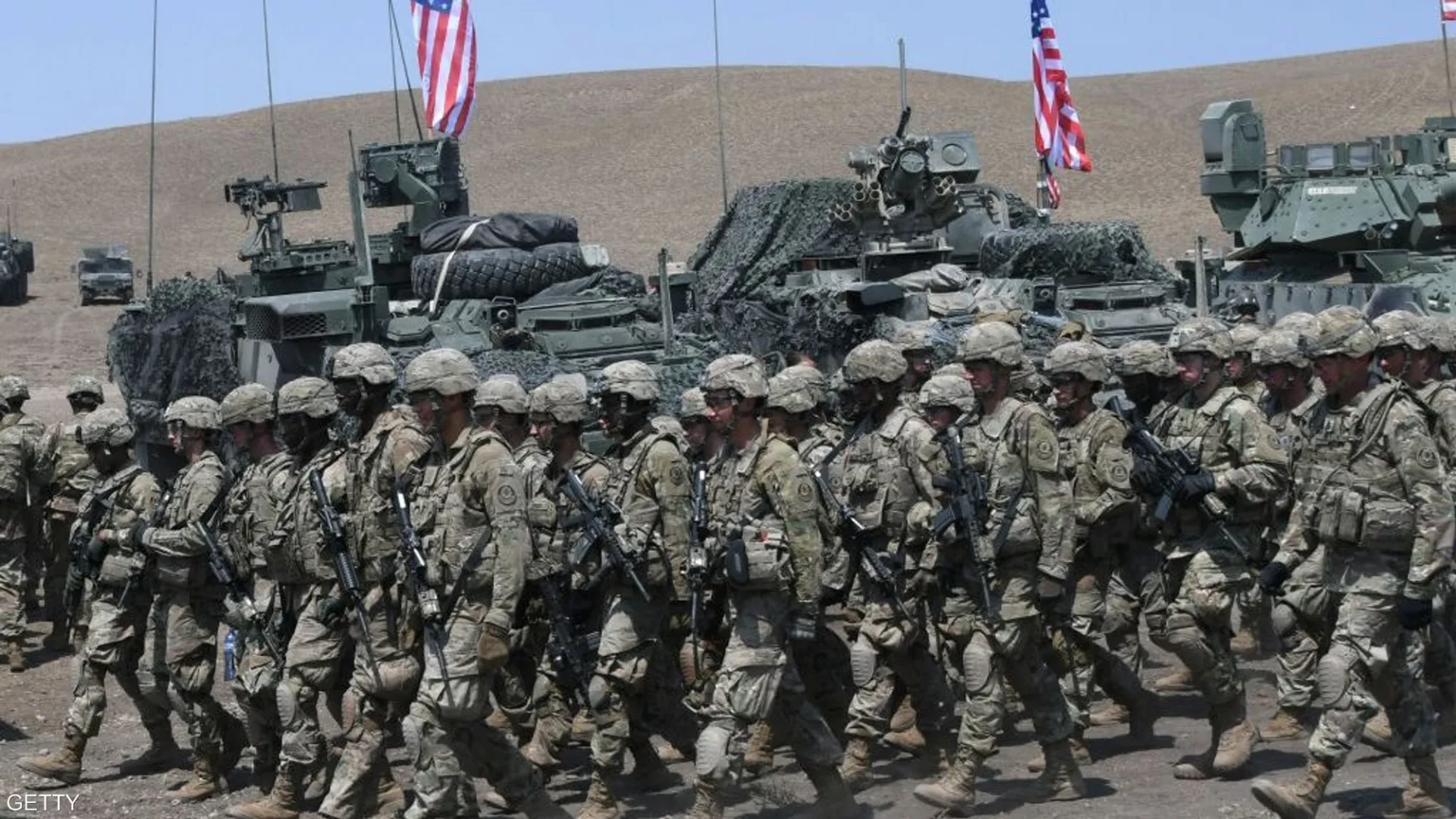
Shafaq News/ In the past two weeks, American forces have killed Houthi militants in the Red Sea and a senior official in an Iranian-backed militia in Iraq, as well as striking Hizbollah targets in Iraq.
The Houthis have mounted repeated attacks in the Red Sea, prompting shipping companies to avoid the vital sea lane.
Washington’s close ally Israel widened its campaign against Hamas to Beirut this week, risking drawing Lebanon-based and Iran-backed Hizbollah into its conflict with Hamas. Increased Israeli raids in the West Bank and clashes between Israeli settlers and Palestinians are also stoking tensions.
Since the conflict between Israel and Hamas began last autumn, US president Joe Biden has sought to avoid full-scale war in the Middle East. His administration has said that Washington’s actions were retaliation against aggression and threats.
But the mounting violence across the region threatens to drag the US into a wider conflagration.
“We’re certainly edging closer to a wider regional war, more so than at any point since the beginning of the conflict,” said Jonathan Panikoff, director of the Scowcroft Middle East Security Initiative at the Atlantic Council and a former senior intelligence official. “Any of the actors in one of those locations could get into a spiral with Israel and/or the US, which could be enough to trigger a full-scale war that brings in the others.”
US Secretary of State Antony Blinken will be in the Middle East this weekend and next week for his fourth trip since October, seeking to mitigate the risk of a wider conflict.
After meeting the leaders of Turkey and Greece in Crete on Saturday, Blinken called on regional leaders to use their influence to contain the conflict.
“From the perspective of Israel, it’s clearly not interested, does not want escalation . . . but they also have to be fully prepared to defend themselves,” Blinken said, according to Reuters.
American officials said their policies aimed to tread a line between hostilities and total war.
“We will act very forcefully when it comes to any threats against our people or our interests. We’re also going to do so in a very smart way that does not potentially draw us in deep to a situation that actually plays into the hands of some of these [Iranian] proxy groups,” a senior US administration official said.
The US wants to send a signal to Iranian-backed groups including Hizbollah, the Houthis and the Popular Mobilisation Forces that threats to American security in the region will not go unanswered. But the challenge was that doing so inevitably escalated hostilities, analysts said.
“The bet is that limited force precludes the need for larger force, but there’s the possibility that you could get locked into an escalatory spiral,” said Jon Alterman, director of the Middle East Program at the Center for Strategic and International Studies think-tank.
Shortly before the new year, a US military vessel shot down Houthi anti-ballistic missiles targeting a Maersk ship. The Houthis attacked the ship again the next day, using fast boats in an apparent aim to hijack or sink the vessel. US helicopters responded and fired at the Houthi fast boats, sinking them and killing their crew members.
Biden convened his national security team on New Year’s Day to weigh options including military responses to the situation in the Red Sea. He decided first to gather allies to warn the Houthis about the perils of targeting commercial traffic again.
On Wednesday the US and 11 other countries warned that if the Yemen-based militant group did not halt its attacks on merchant vessels, they would be forced to act.
But on Saturday, the destroyer USS Laboon shot down a Houthi drone in international waters of the southern Red Sea near “multiple commercial vessels”, according to US Central Command.
According to a person familiar with the matter, the Biden administration was considering whether to designate the Houthis a terrorist organisation, a designation the president lifted in 2021 as part of his efforts to bring about an end to the war in Yemen.
The Houthis have said they would continue their attacks on merchant vessels in the Red Sea and Gulf of Aden as long as Israel continued its military offensive in Gaza.
The Houthis have attacked commercial vessels in the Red Sea and the Gulf of Aden 25 times since December, military officials said. The US launched Operation Prosperity Guardian last month to help protect commercial shipping interests in the region. More than 20 nations have joined the effort.
The US, UK and France have provided five warships and Denmark and Greece are expected to send additional ships in the coming weeks.
The US also has an aircraft carrier in the Middle East as well as other ships and thousands of service members aimed at deterring the conflict from spiralling.
Maersk reroutes Red Sea ships ‘for foreseeable future’ as container rates shoot higher
“As we have done since Hamas’ brutal terrorist attack on October seventh, DOD will continue to leverage its collective force posture in the region to deter any state or non-state actor from escalating this crisis beyond Gaza,” Pentagon press secretary Major General Pat Ryder said Thursday.
As of Friday there have been at least 121 attacks on US forces in Iraq and Syria, a US military official said.
The US has described all of the actions it has taken in the Middle East as self-defence. While Washington has weighed targeted strikes at the Houthis, some administration officials worry that doing so could jeopardise efforts to bring about a long-term resolution to the conflict in Yemen.
Biden has described ending the war there as a significant foreign policy priority and the administration has pointed to a ceasefire that has more or less held in Yemen since spring 2022 as an important achievement.
Administration officials also insist they have been working to prevent the war between Israel and Hamas from spreading to neighbouring Lebanon. The hostilities began after Hamas launched a deadly attack on Israel in October and prompted Israel to respond with a massive military offensive. A crucial success has been preventing Israel from attacking Hizbollah in Lebanon, officials said.
“Everything that we’ve done . . . has been designed to prevent an escalation or widening or deepening of this conflict,” US National Security Council spokesman John Kirby said this week.
(By Felicia Schwartz for the Financial Times)
